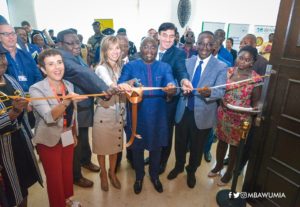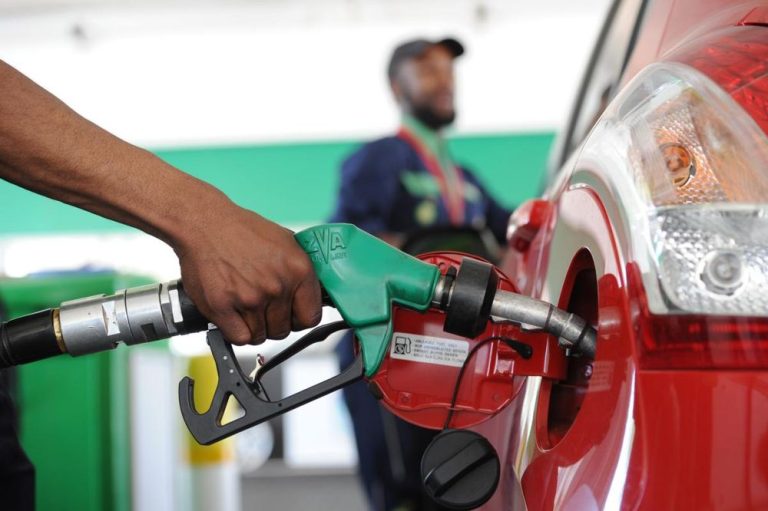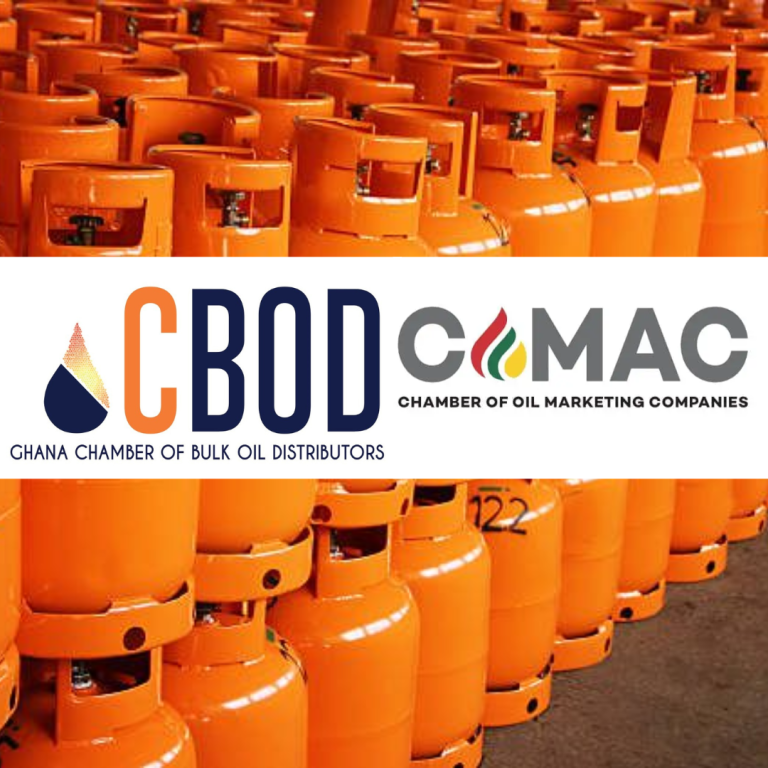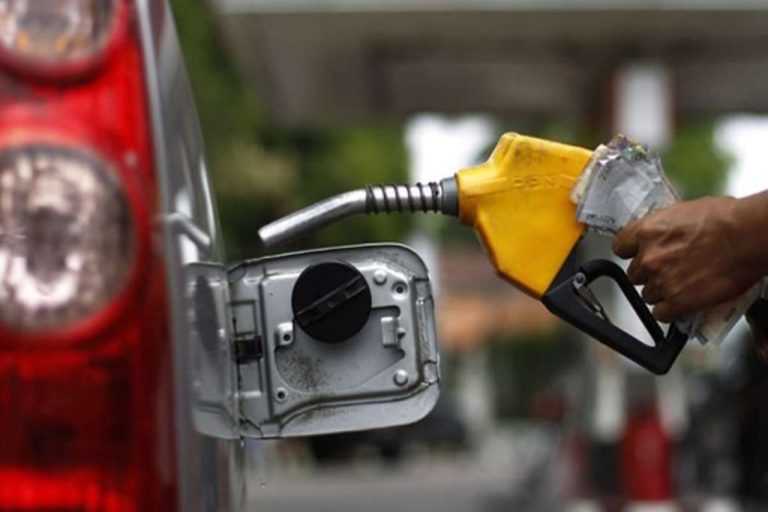The Vice President of the Republic of Ghana, Dr Mahamudu Bawumia has cautioned that the ECOWAS region risks losing out on the attainment of the Sustainable Development Goals (SDGs) by 2030 if the issue of low access to electricity is not resolved in the region immediately.
In his view, the ECOWAS region is at a disadvantage when it comes to the use of electricity for socio-economic activities as more than half of the citizens are deprived access to modern energy services.
Dr Bawumia has, therefore, charged leaders of the ECOWAS region to put in place measures and structures that are critical to the development of the countries and the region at large.
“The ECOWAS region, with less than half of its citizens having access to modern energy services, is consistently deprived of the full benefits of electricity for socio-economic development. If the challenges of low electricity access are not curbed as soon as possible, there are strong indications that it will be impossible to achieve the SDGs by 2030.
“We have the responsibility to lift our people out of poverty by providing them with the right infrastructure and systems needed for their development,” Dr Bawumia said in a Facebook post after he addressed the opening ceremony of the 3rd ECOWAS Sustainable Energy Forum (ESEF) and Exhibition in Accra, Ghana, where he was the Guest Speaker.
The forum, which was put together by ECOWAS, in collaboration with the ECOWAS Centre for Renewable Energy and Energy Efficiency (ECREEE), Ghana’s Ministry of Energy and key development partners, offered stakeholders the opportunity to assess their progress six years, after regional policies on renewable energy and energy efficiency were adopted by the ECOWAS Heads of State and Government.
The ESEF promotes exchange of ideas and cooperation to support the acceleration of sustainable solutions for the region’s energy situation.
The forum provides a platform for improving the policy and regulatory landscape for private sector investment, as well as facilitates networking and partnerships between ECOWAS policymakers, regional and international private sector players and financial institutions.


— EnergyNewsAfrica





